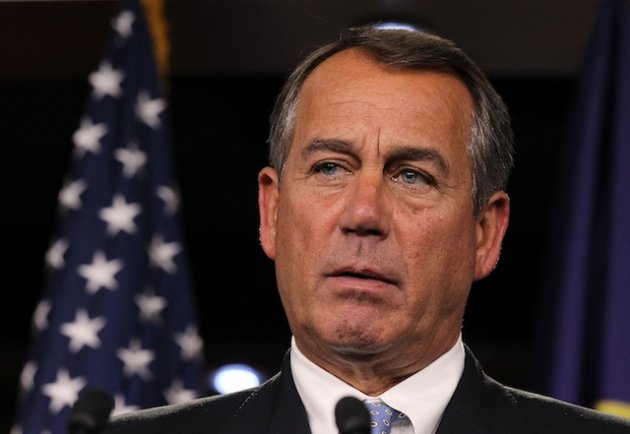Citing a palpable “aesthetic experience” in classic games while eschewing others, the Museum of Modern Art announced Thursday that it has assembled a new collection of video games. The museum’s initial collection includes 14 classics like Pac-Man and Tetris, but also more recent additions to the canon like Passage and Canabalt. The museum has a “wish list” of about 40 total games, which include Pong, The Legend of Zelda, and Minecraft. The games will be exhibited starting in March 2013, but the selections aren’t necessarily what you’d expect.
RELATED: Gaza, Nudists, and a Hero Dog
Video games are art. That’s a fact (which has some notable dissenters) that’s even been determined by the Supreme Court in a a case decided in 2011. And games have been embraced by art institutions before. In an exhibition this year, the Smithsonian American Art Museum explored The Art of Video Games. But in a blog post today, Paola Antonelli, senior curator in MoMA‘s department of design, explained that the museum’s intention is not as simple as evaluating the artistic value of certain video games. They want to look at games from a design perspective: “Our criteria, therefore, emphasize not only the visual quality and aesthetic experience of each game, but also the many other aspects—from the elegance of the code to the design of the player’s behavior—that pertain to interaction design.”
RELATED: China May Have Made Ai Weiwei an Offer That He Refused
Because the museum is looking for specific design traits, Antonielli explained that MoMA has not acquired, and is not looking for, some games that might seem like “no-brainers to video game historian.”
RELATED: The National Portrait Gallery Found the ‘Patron Saint of Transvestites’
Here are some images of the games MoMA has acquired, via the museum:
RELATED: Worried Video Games Are Making Your Kid Violent?
Tetris
RELATED: Filmmaker and San Francisco in a Graffiti Gridlock

flOw

Myst

Gaming News Headlines – Yahoo! News












